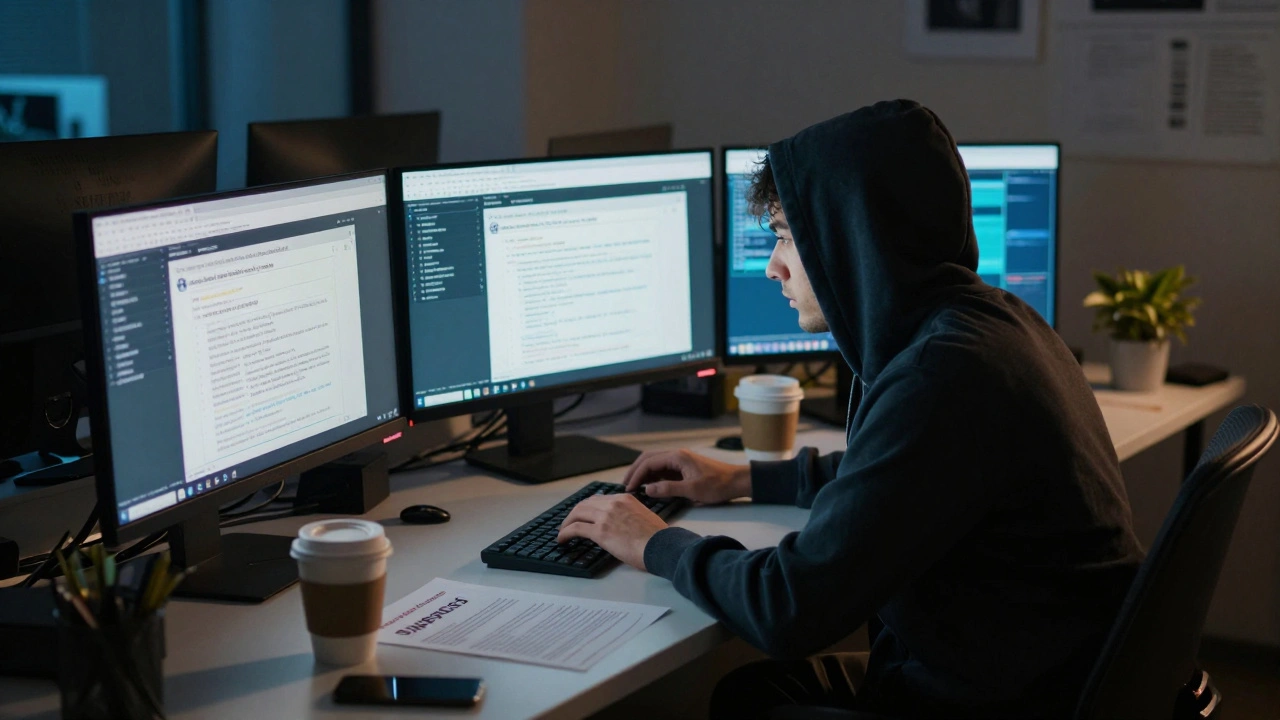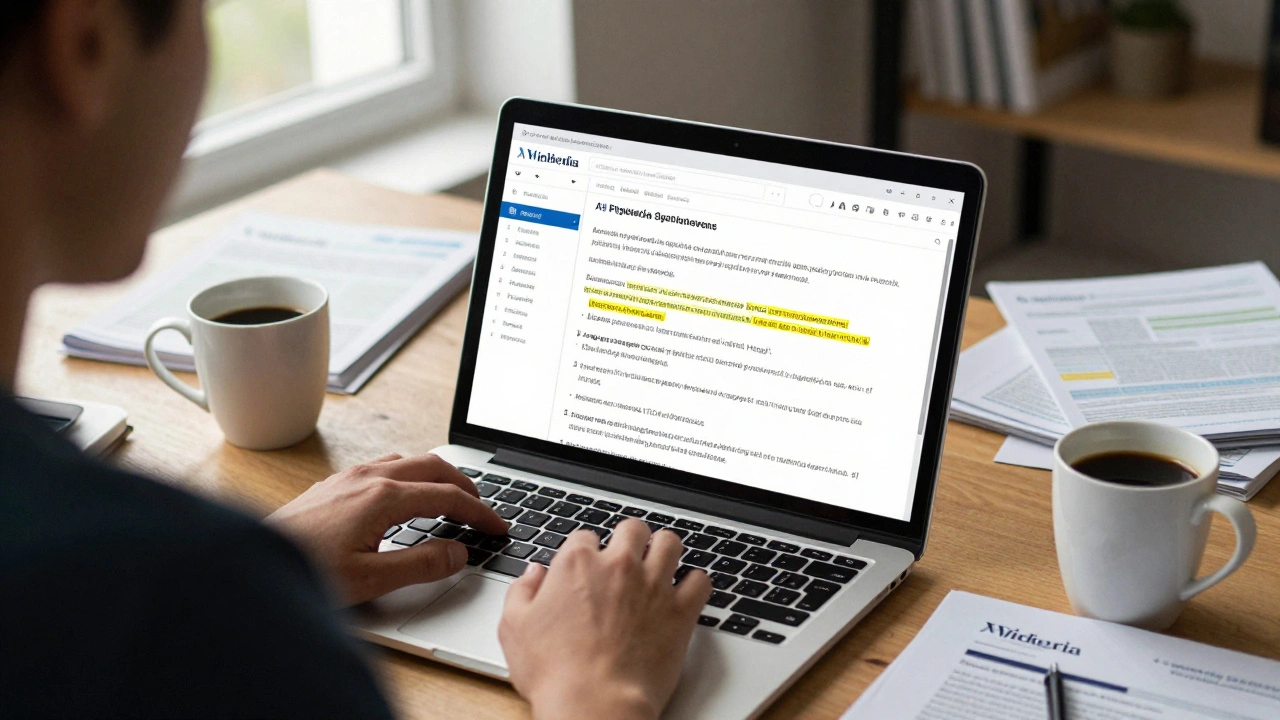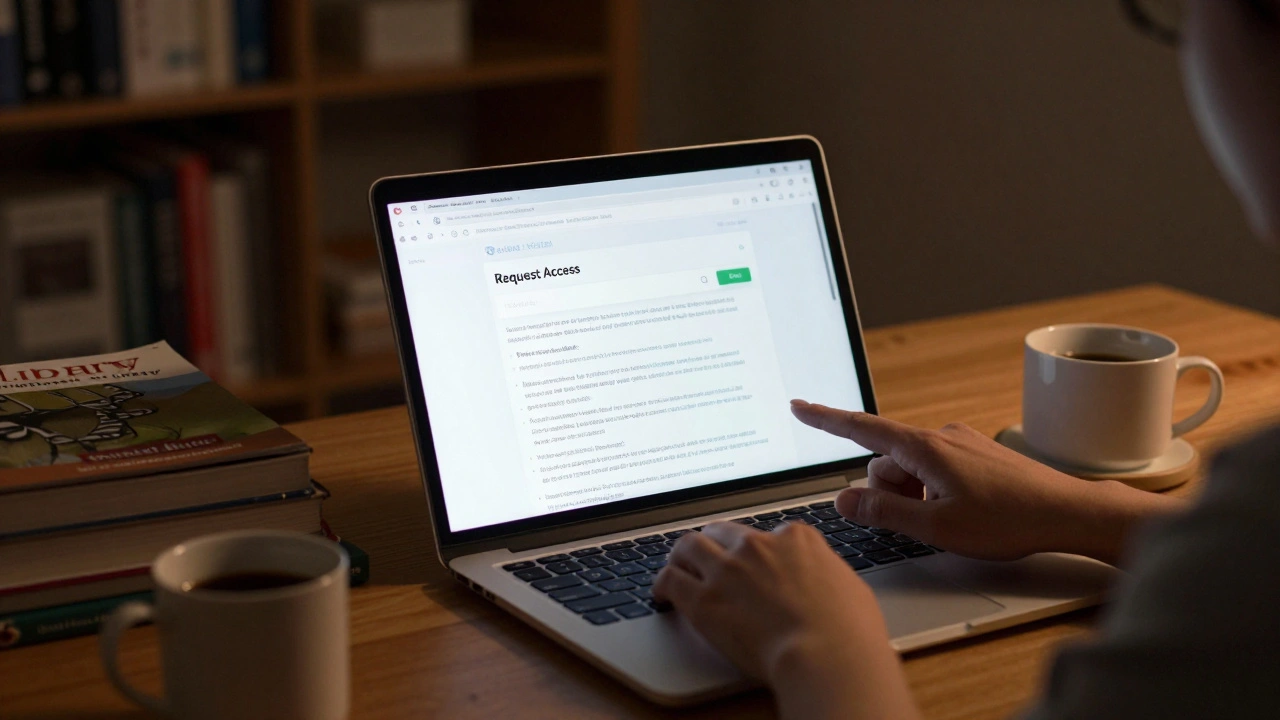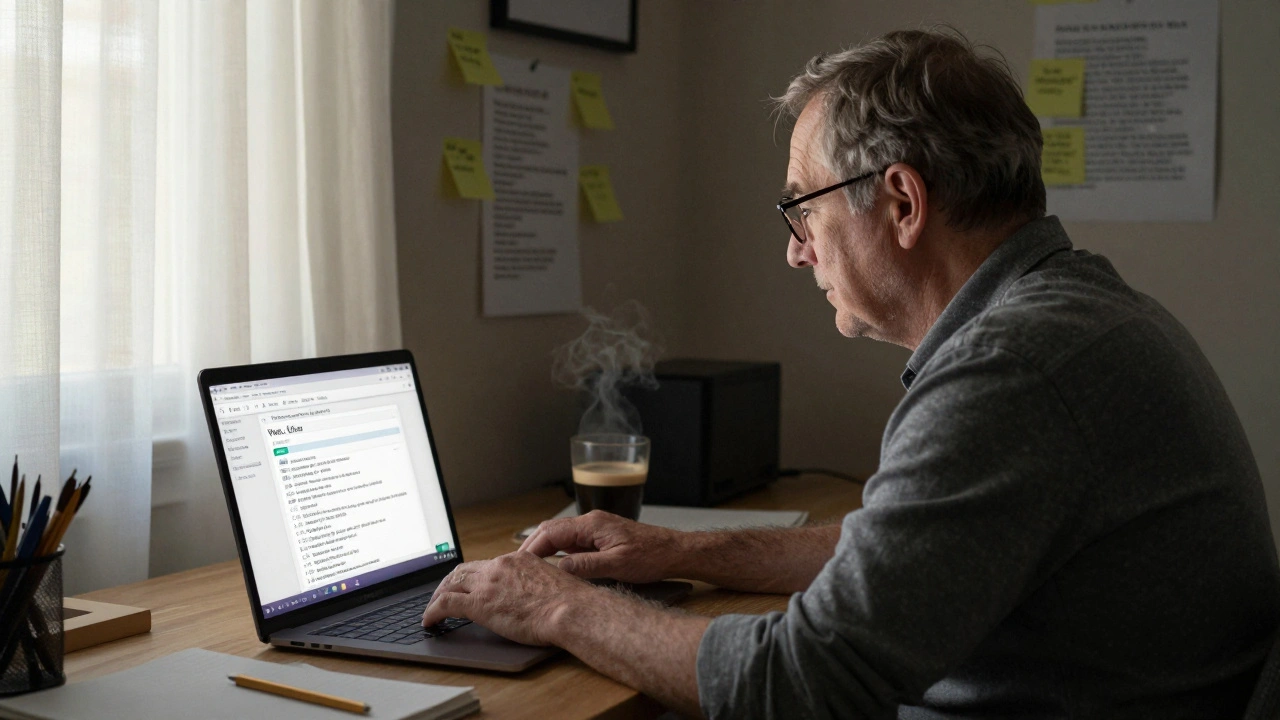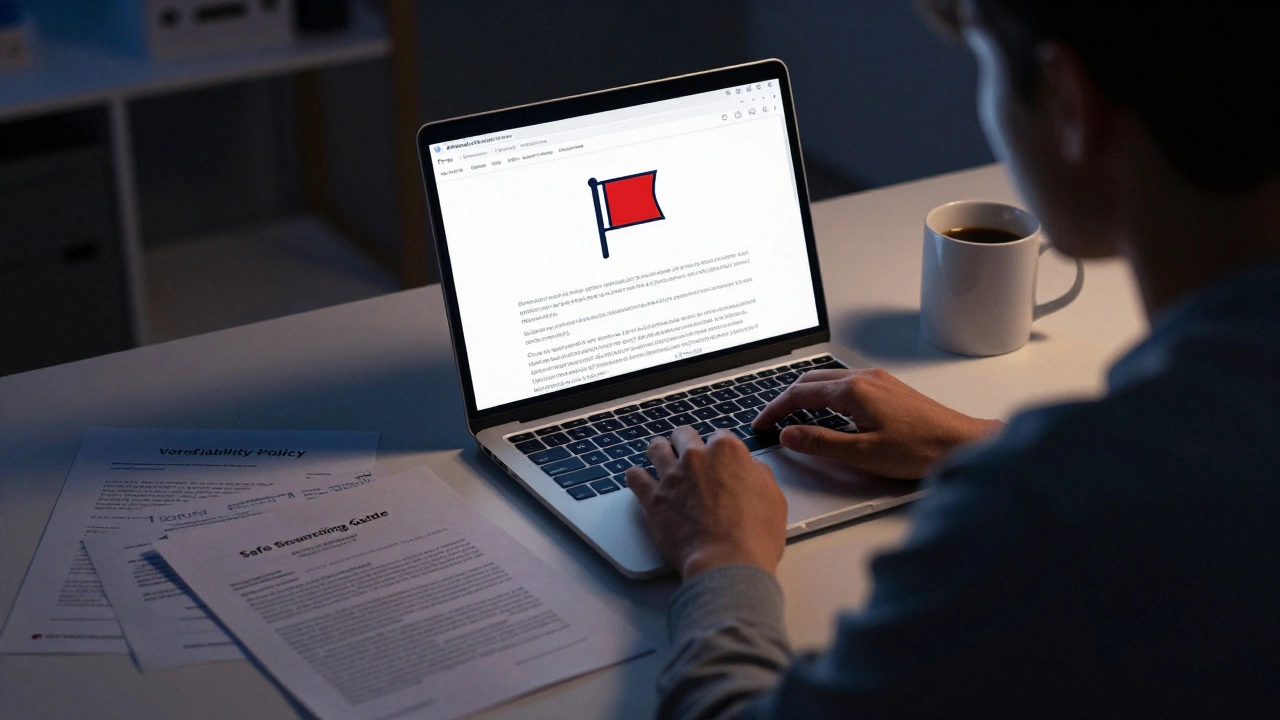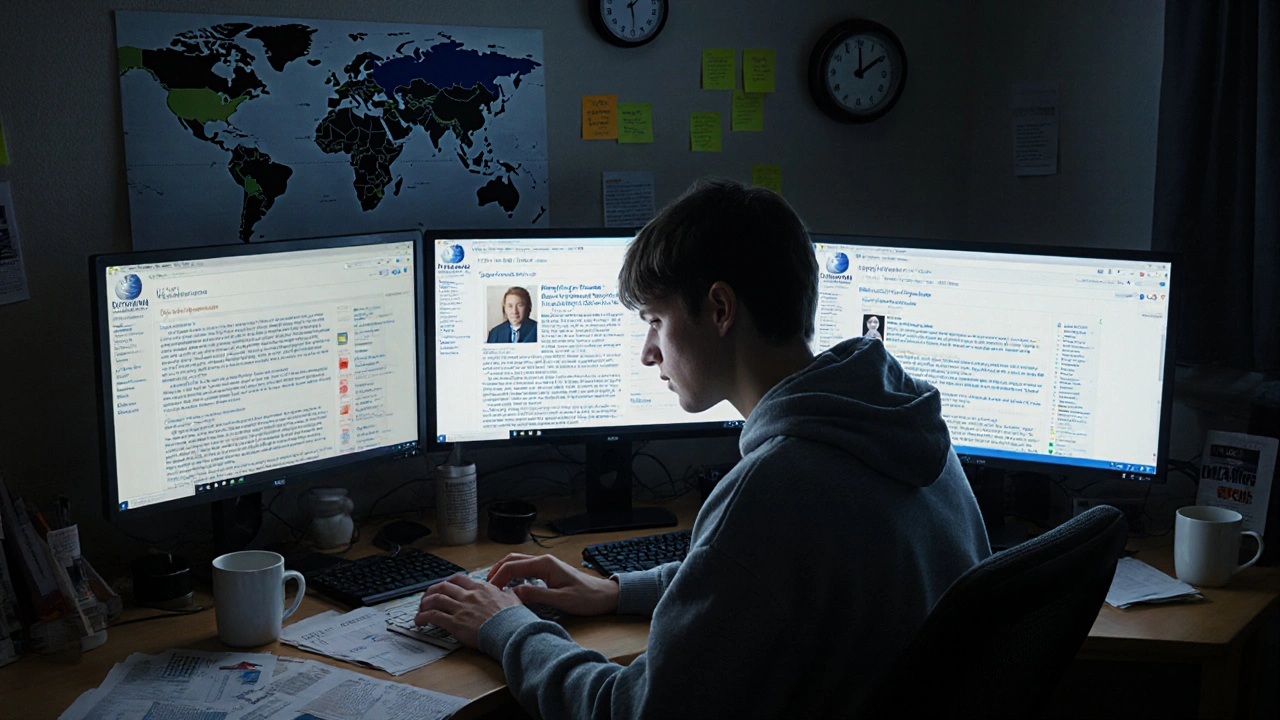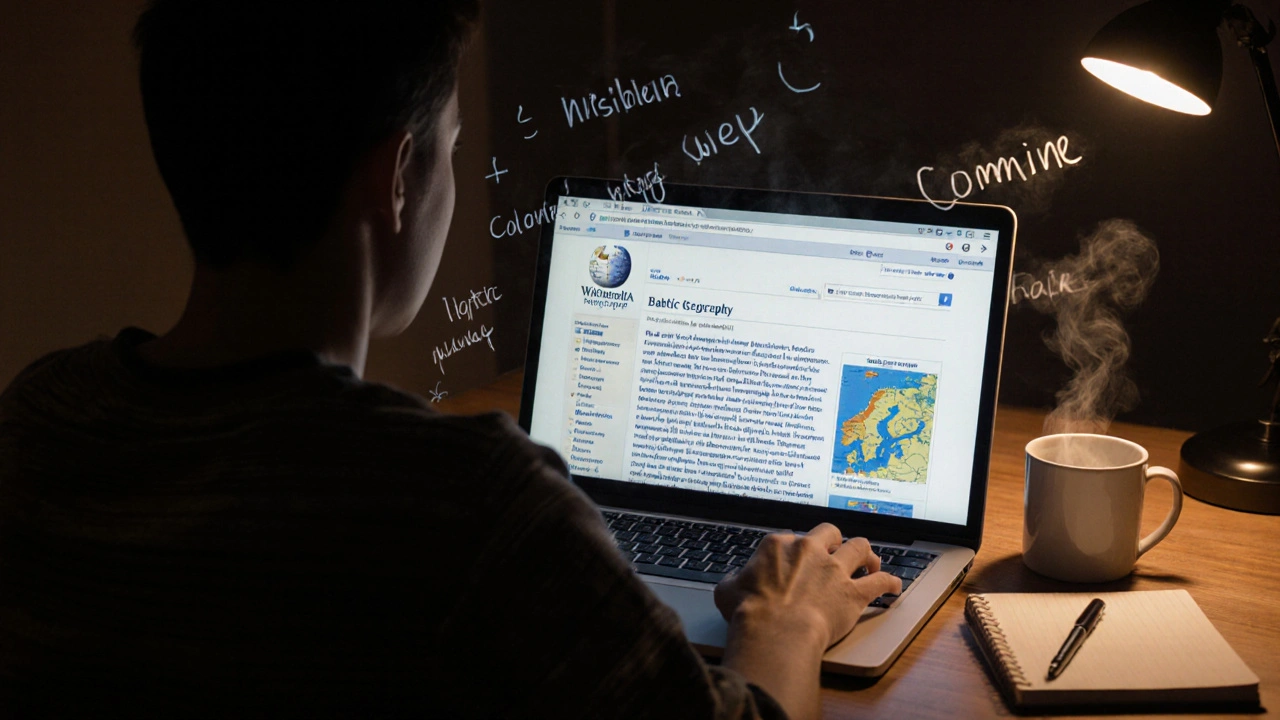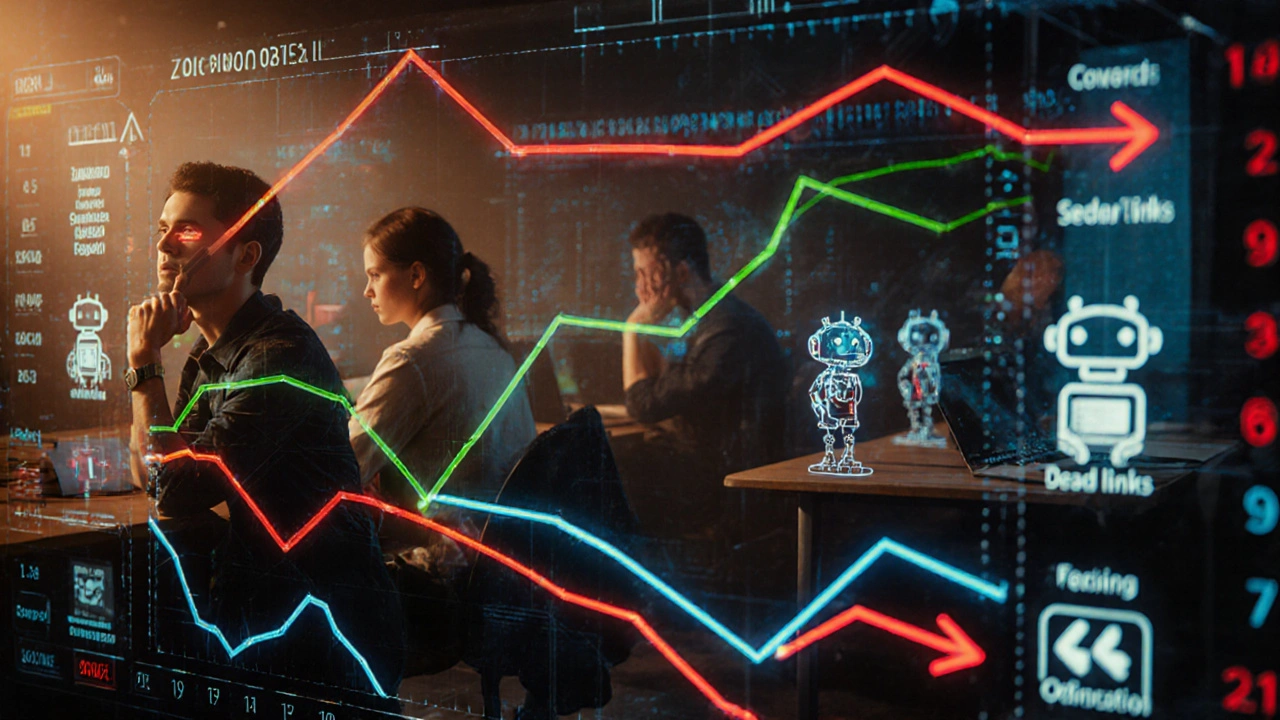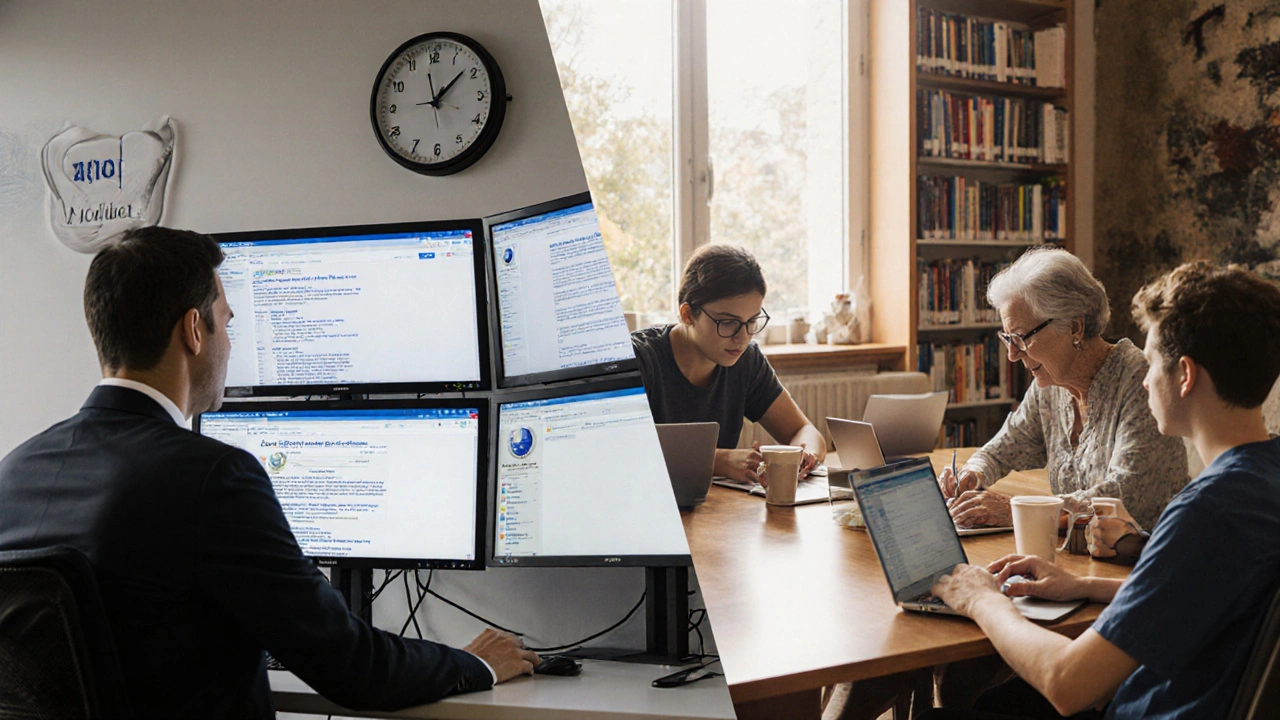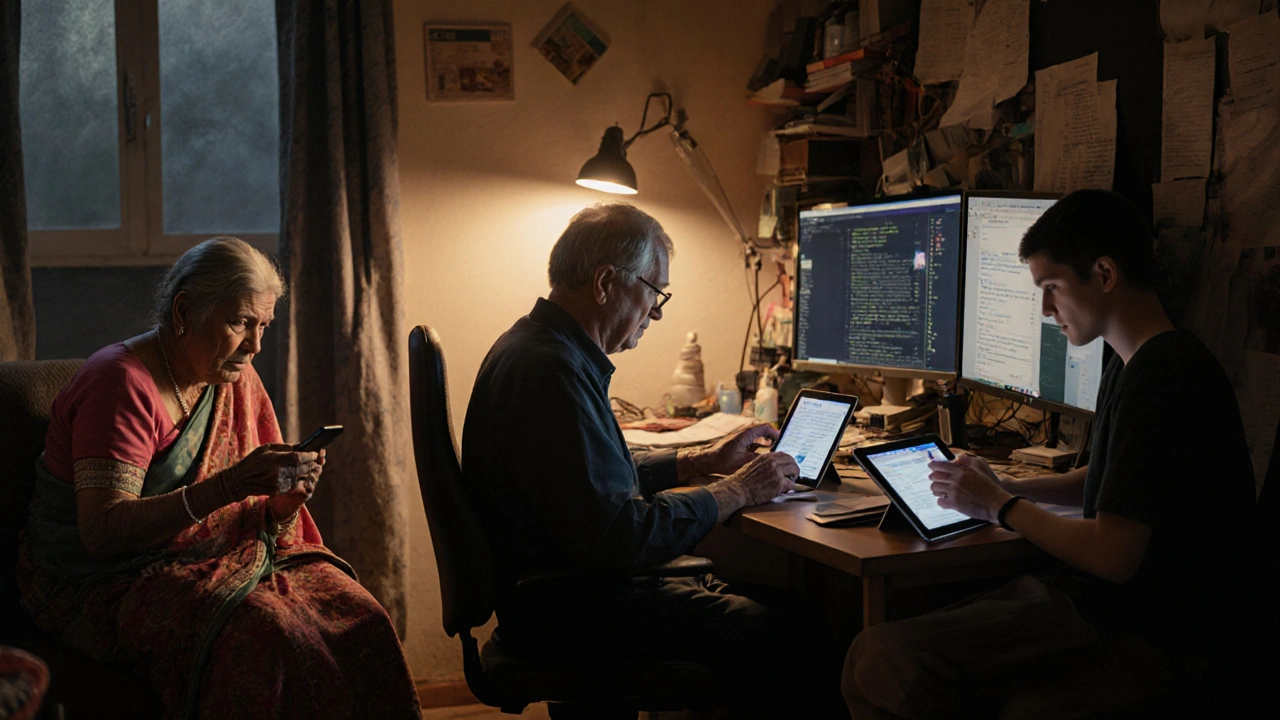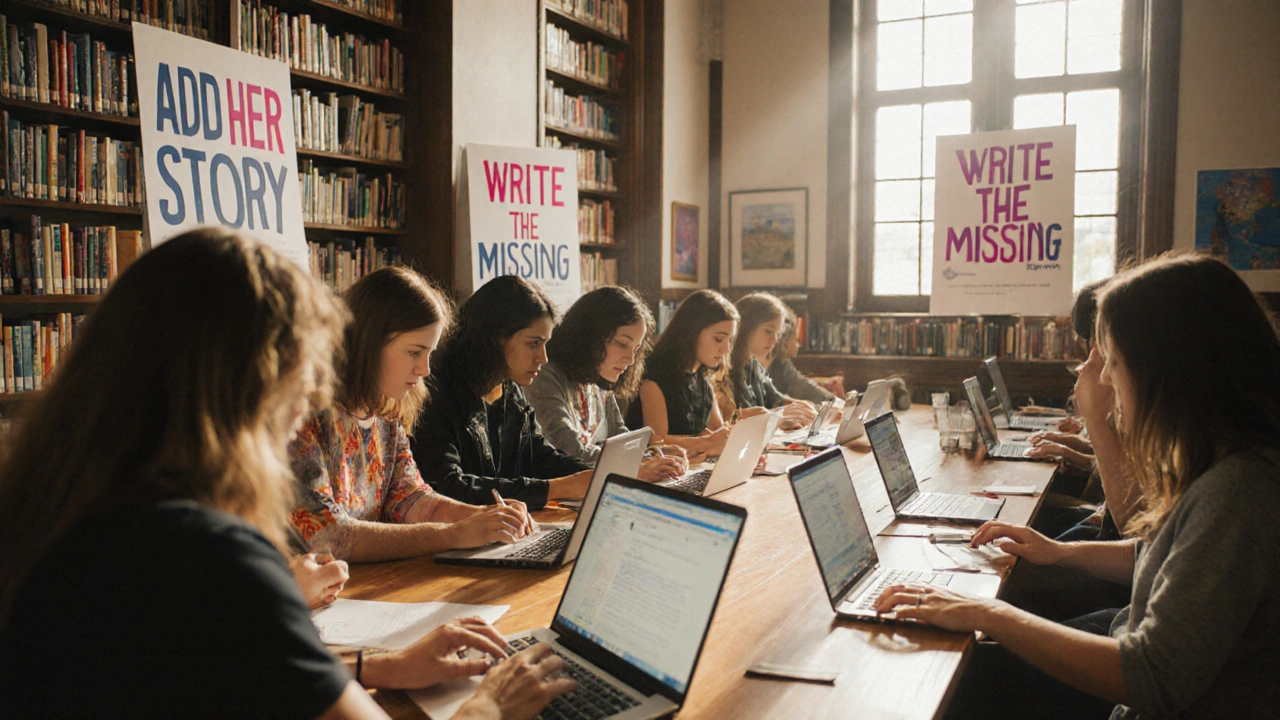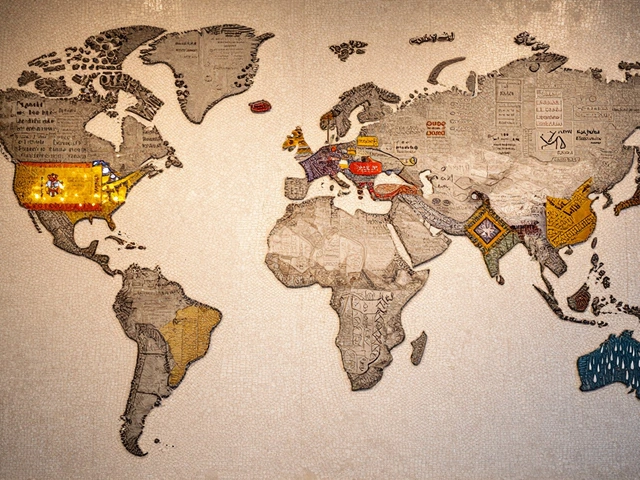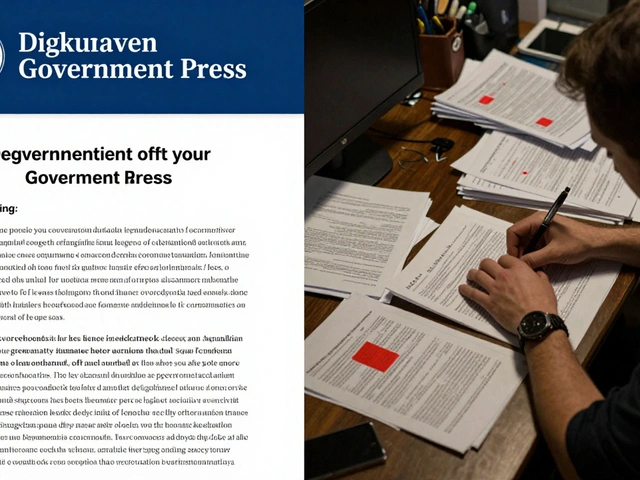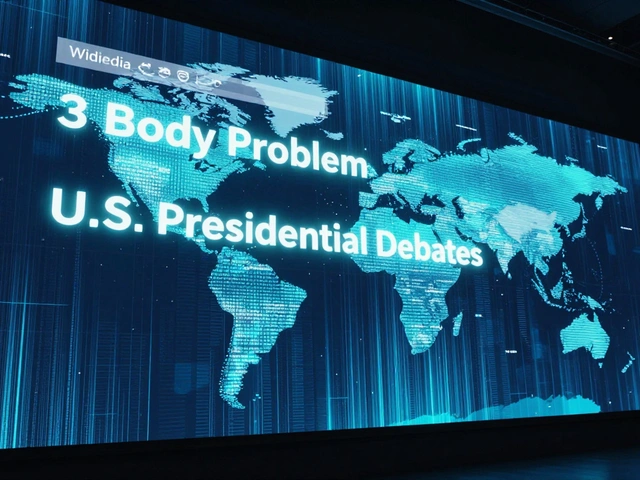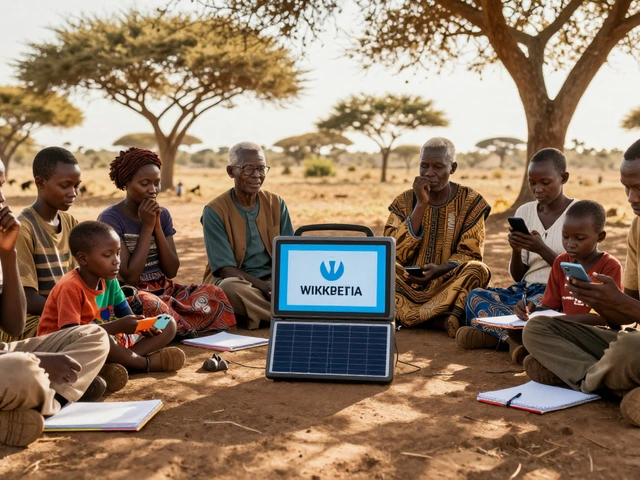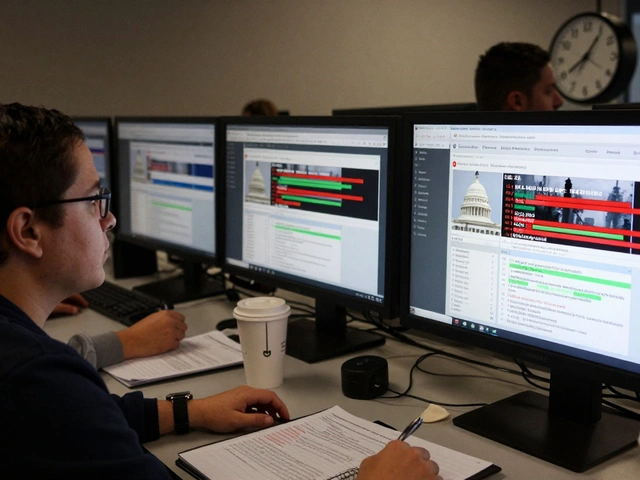Wikipedia editors: Who they are, what they do, and why they matter
When you read a Wikipedia article, you’re seeing the work of Wikipedia editors, volunteer contributors who research, write, and maintain the world’s largest encyclopedia without pay or formal training. Also known as Wikipedians, these are everyday people—teachers, students, retirees, engineers—who spend hours fixing typos, adding citations, and fighting vandalism. They’re not hired by the Wikimedia Foundation. They do it because they care about accurate information. Without them, Wikipedia wouldn’t exist. It’s not software. It’s not AI. It’s people.
These editors don’t work in isolation. They rely on tools like the watchlist, a feature that lets editors track changes to articles they care about to catch errors fast. They follow Wikipedia policies, mandatory rules that ensure consistency, neutrality, and reliability across millions of articles, and they argue about them in talk pages—sometimes for weeks. They use WikiProjects, volunteer teams focused on specific topics like medicine, film, or Indigenous history to organize big improvements. And when things get messy—like when someone tries to delete a well-sourced fact or pushes a biased view—they build consensus, not chaos. That’s the real magic: thousands of strangers agreeing on what’s true, one edit at a time.
It’s not easy. Editors face harassment, burnout, and copyright takedowns that erase valuable content. They’re often misunderstood—called lazy or biased—when they’re actually the ones verifying every claim with reliable sources. The most active ones don’t chase page views. They fix broken links, update outdated stats, and add missing context for underrepresented topics. You won’t see their names on the front page of a news site. But every time you find a clear, accurate answer on Wikipedia, you’re seeing their work.
What you’ll find below is a collection of stories about these editors—the quiet ones who clean up copy, the ones who defend neutrality during heated debates, the ones who fight for fair representation of Indigenous knowledge, and the ones who keep the site running even when no one’s watching. This isn’t about fame. It’s about keeping knowledge open, accurate, and free—for everyone.
Major Stories Covered by The Signpost: A Historical Archive Review
A historical review of major stories covered by The Signpost, Wikipedia's independent community newspaper, documenting its role in reporting on editor conflicts, policy changes, and the evolution of online collaboration since 2005.
Future Product Ideas: AI-Powered Research Tools for Wikipedians
AI-powered research tools are transforming how Wikipedia editors find, verify, and cite sources-making fact-checking faster, more accurate, and accessible to everyone. These tools don't replace editors-they empower them.
The Wikipedia Library: How Academic Resources Help Editors Improve Articles
The Wikipedia Library gives volunteer editors free access to academic journals and books, helping them improve article accuracy with peer-reviewed sources. Thousands of editors use it monthly to turn Wikipedia into a trusted educational resource.
Wikipedia Editor Behavior Studies: What Really Happens Behind the Scenes
Wikipedia editor behavior studies reveal how real people shape the world’s largest encyclopedia-through collaboration, conflict, and quiet dedication. Learn what drives edits, why some articles thrive, and how anyone can contribute.
Wikimedia Foundation Legal Updates Affecting Wikipedia Editors
New legal updates from the Wikimedia Foundation shift responsibility to Wikipedia editors, requiring careful sourcing and legal awareness. Editors must now use new tools and follow stricter rules to stay protected.
Latest Edition of The Signpost: Key Highlights for Wikipedia Editors
The latest edition of The Signpost highlights key updates for Wikipedia editors, including policy changes, new tools, declining editor numbers, and community stories that keep the encyclopedia alive.
How Wikipedia Editors Behave During Major Events
Wikipedia editors rush to update articles during major events, driven by strict sourcing rules and community norms. Their behavior reveals who contributes, why, and how global knowledge stays accurate in real time.
Why People Edit Wikipedia: Altruism, Expertise, and Recognition
Wikipedia is built by volunteers motivated by altruism, expertise, and recognition. Learn why millions edit without pay, how expertise shapes accuracy, and how community recognition keeps the platform alive.
How Wikipedia Bots Support Human Editors with Maintenance Tasks
Wikipedia bots handle thousands of daily maintenance tasks-from fixing broken links to reverting vandalism-freeing human editors to focus on content quality and accuracy. These automated tools are essential to keeping Wikipedia running smoothly.
Paid Editing vs. Volunteer Editing: How Models Shape Content Quality and Editor Demographics
Paid and volunteer editors shape Wikipedia in different ways-paid editors bring speed and polish, while volunteers add depth and diversity. Understanding their differences reveals how knowledge is made-and who gets left out.
Contributor Personas: Typologies of Wikipedia Editors
Wikipedia is edited by diverse contributors-from detail-oriented perfectionists to global volunteers. Understanding these personas reveals how knowledge is built, maintained, and sometimes lost on the world’s largest encyclopedia.
Women and Non-Binary Editors: Programs That Work on Wikipedia
Women and non-binary editors are transforming Wikipedia through targeted programs that build community, reduce bias, and expand knowledge. Learn which initiatives are making real change-and how you can help.
